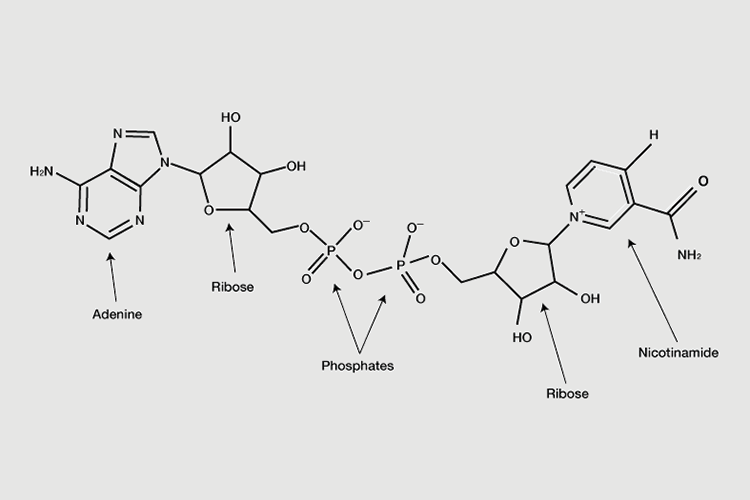Live better. Live longer.



Experience a synergy of wellness with our premium supplement range.
-
IMMUNOCARE+
Vendor:REGENVARegular price $50.00 USDRegular priceUnit price / per -
NOOTROPIC+++
Vendor:REGENVARegular price $50.00 USDRegular priceUnit price / per -
Super H2++
Vendor:REGENVARegular price $50.00 USDRegular priceUnit price / per

What is NAD?
Since its discovery in 2011, more and more studies have shown that NAD is quickly absorbed after ingestion, and can rapidly and effectively increase the NAD+ level of the body. It plays a critical role in improving mitochondrial function, restoring cell vitality, improving organ function, tolerating oxidative radical damage, regulation of proteins that play an important role in gene repair and the potential of anti-aging. NAD also shows good intervention ability for certain diseases. For example, it has been found that after ingesting NAD, it can improve nerve damage in Alzheimer's disease, reduce reperfusion injury in ischemic diseases, boost muscle function, assist in the treatment of severe COVID-19 patients and enhance decreased cell viability in acute kidney injury.

What is Plantcaps?
Plantcaps are plant-based capsules that are safe, sustainable, and effective. They are easy to swallow, and are created to give consumers the best food supplement experience possible from look and taste to mouthfeel. They dissolve quickly to allow immediate release of the ingredients. Based on a natural biodegradable polysaccharide derived from tapioca starch, Plantcaps are a plant-derived capsule formulation that combines sustainability and quality to bring you the best vegetarian capsules on the market.

How does NAD work?
NAD+, Nicotinamide Adenine Dinucleotide, exists in all cells and participates in redox reactions as a coenzyme. With the transition of its redox state, NAD+ completes the transfer of electrons and emit energy. By this way, the nutrients we take in are finally converted into energy and get ready to utilize. NAD+ are always decreasing with elevation of age. At the age of 60, the NAD+ content in the body is only 1/4 compare to the age of 20. Scientists have been working tirelessly to find effective ways to increase NAD+ levels. Because the NAD+ molecular is relatively large and cannot be directly absorbed by cells, it becomes a natural strategy to take smaller precursors to boost NAD+.

What the scientists say:
David Sinclair, Harvard University’s noted anti-aging researcher, whose research on resveratrol, NAD+ and sirtuins is world renowned, is also conducting human trials. Research from Sinclair’s lab showed that feeding nicotinamide mononucleotide (NMN)—a related, precursor compound that the body converts into NAD—may slow aging, mimicking the effects of calorie restriction. Research from the Mayo Clinic published in The Journal of Neuroscience shows that increasing NAD+ levels, either by blocking the consumption of NAD+ or supplementing with the precursor nicotinamide mononucleotide (NMN), attenuated oligodendrocyte loss and promoted myelin regeneration.

How NAD is obtained:
Natural NAD is found in many foods, but in very small amounts. For example, in order to take 250 mg of NAD, one must take 100 kg of broccoli, 69 kg of avocado, or 416 kg of beef. NAD can be synthesized in large quantities by enzymatic synthesis, and the purity and activity of the enzyme are crucial in this process. Once the enzyme is inactivated or contaminated, product quality will be greatly affected. We are now utilizing the III generation of high-purity NAD, which utilize NR as a substrate to produce in precisely controlled reaction conditions.




